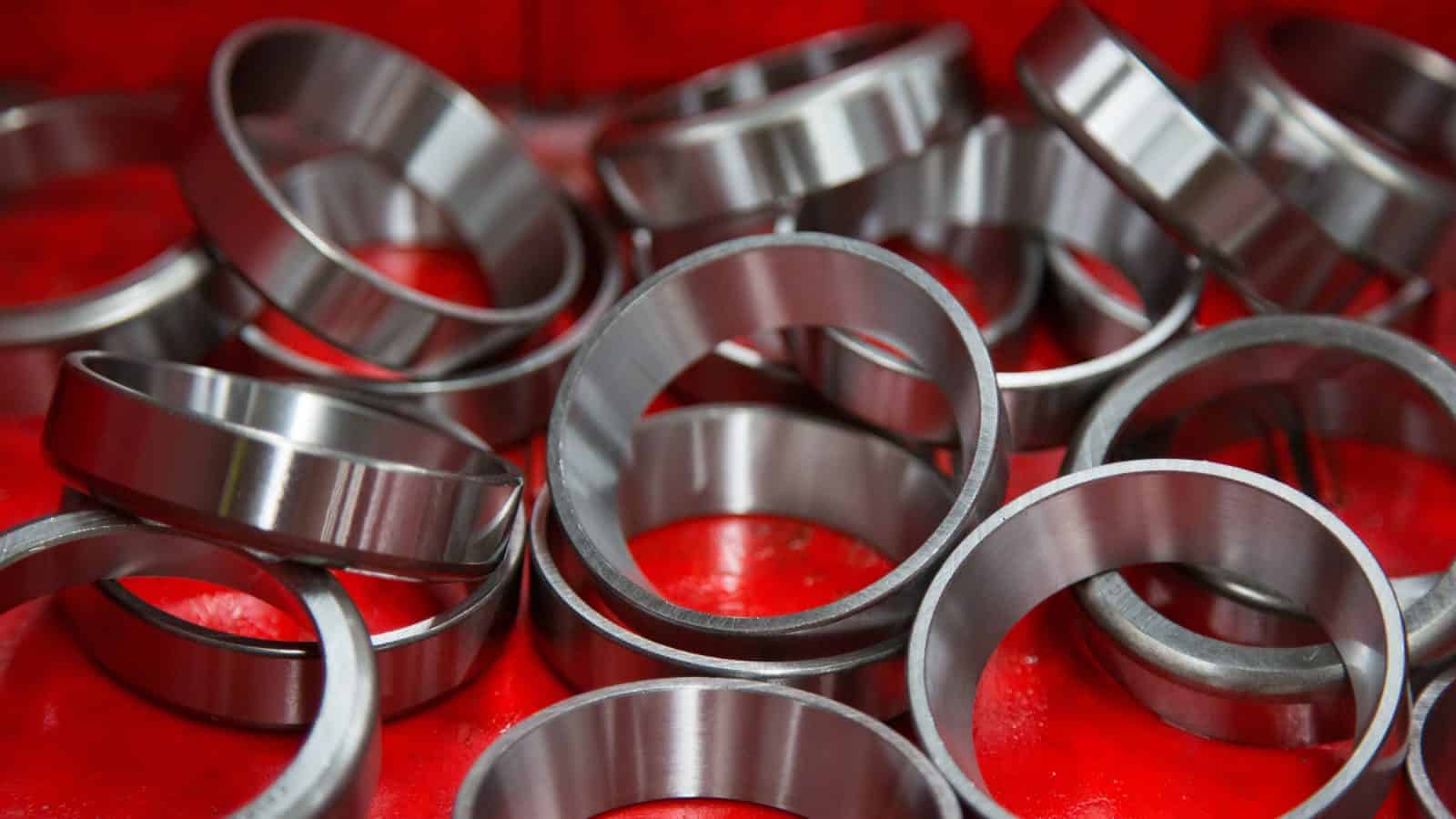Mexico Will Raise Tariffs on Chinese Cars

Mexico announced this week that it will raise tariffs by 50% on automobiles made by China and other Asian countries (Reuters, subscription).
A broad effort: The increase is part of a broad range of trade policy changes, “which will increase tariffs to varying degrees on goods across multiple sectors including textiles, steel and automotive [vehicles], would impact $52 billion of imports.”
- Mexican tariffs on Chinese cars currently stand at 20%.
- Other policy changes include a 35% tariff on steel, toys and motorcycles and tariffs on textiles of between 10% and 50%.
The rationale: “[Mexican Economy Minister Marcelo] Ebrard said the measures, which come just within limits imposed by the World Trade Organization, were intended to protect jobs in Mexico as Chinese cars were entering the local market ‘below what we call reference prices.’”
The big picture: Analysts see this move as an effort to align Mexican trade policy with the Trump administration’s aims, as the two countries continue to negotiate over their own trade ties.
- President Trump has urged U.S. trading partners to reduce their economic ties with China on security grounds.
- “‘The U.S. is not going to allow China to use Mexico as a backdoor,’ said Mariana Campero of the CSIS Americas Program, adding that Mexico has doubled its trade deficit with China in the last decade, hitting $120 billion last year.”
USMCA: The U.S.–Mexico–Canada Agreement, which the NAM was instrumental in achieving during President Trump’s first term, is up for review in 2026.
- The NAM remains one of the foremost backers of North American trade, at a time when one-third of all imported manufacturing inputs now come to the U.S. from Canada and Mexico.
- The trade agreement has also been crucial in helping the U.S. outcompete China; today, U.S. imports of manufacturing inputs from North America are more than three times the quantity imported from China.
